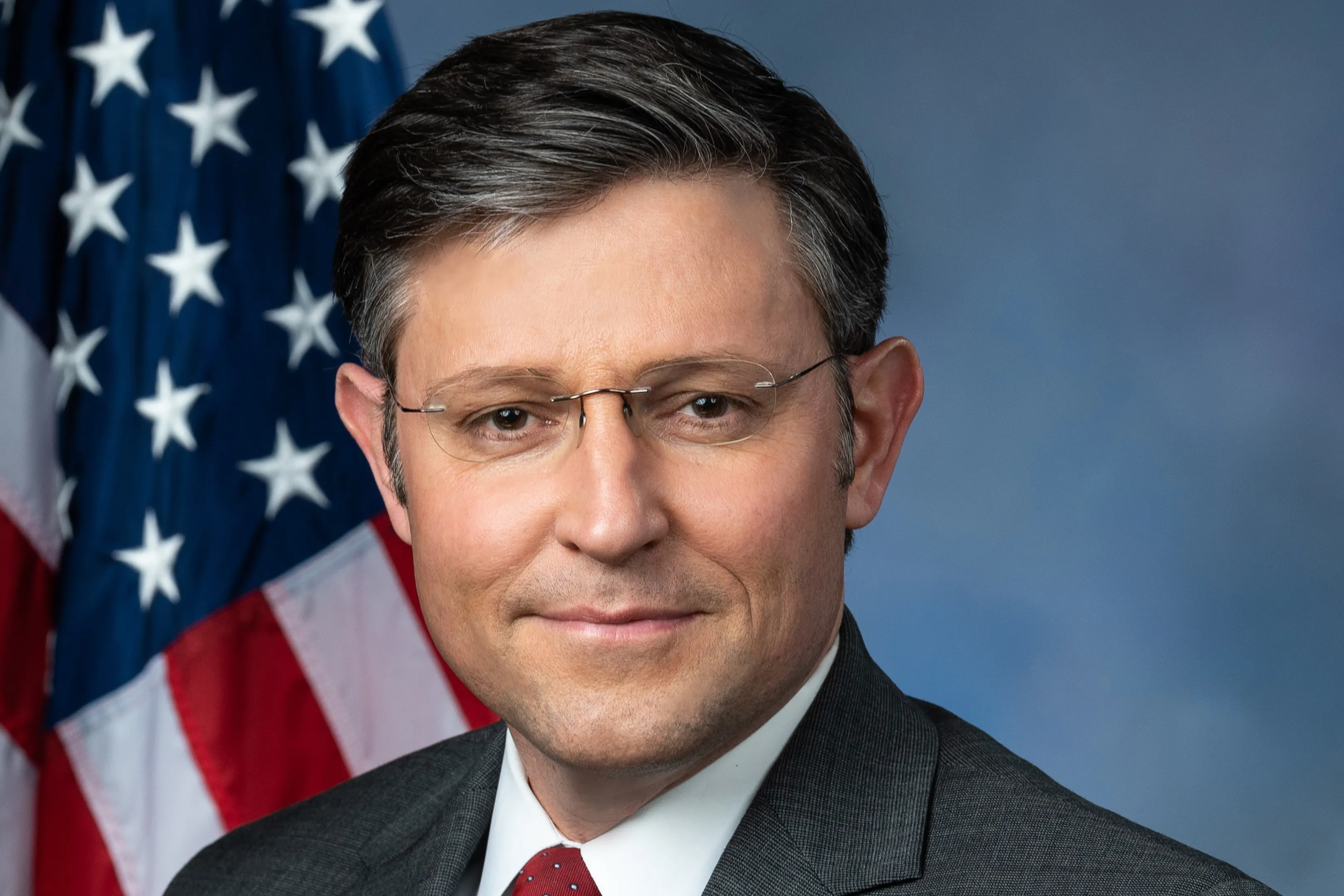
Daily Audio Newscast - December 31, 2024
Six minutes of news from around the nation.
A county in NC pummeled by Hurricane Helene suffers another blow; new MN laws target junk fees, pricey concert tickets; WI ends year on a high note in clean energy; and taking stock of MT's outlook on conservation progress.
Transcript
The Public News Service Daily Newscast, December the 31st, 2024.
I'm Mike Clifford.
A small county in Western North Carolina that has struggled to regain its balance after Hurricane Helene flattened the landscape suffered another blow on Sunday, when nearly a dozen footbridges washed away, leaving some families without access to emergency services.
That from NBC News.
They report more than three inches of rain swept away the bridges built by volunteers after the September 26 hurricane to provide emergency access for residents.
NBC notes that county officials say with the loss of the bridges, more than 20 residents would be unreachable by first responders.
And with 2025 at hand, Minnesotans might be mapping out concerts they want to attend or things they want to buy in the new year.
But the presence of hidden fees could give them a second thought.
A pair of statutes taking effect January 1 were drafted in response to consumer complaints about so-called junk fees.
One says businesses must disclose the full price of products and services up front, eliminating surprise charges at checkout.
Policy experts say that can cover things like hotel stays and food deliveries.
The second law has similar pricing transparency requirements for live events.
State Representative Lucy Rehm feels this is a win-win.
When all businesses disclose their full prices up front, consumers can make these fair and informed comparisons.
And I think it will foster trust and competition.
State officials estimate hidden and deceptive fees cost the average Minnesota family more than $3,000 a year.
I'm Mike Moen.
Next to Wisconsin, the state that is ending the year on a high note in the clean energy space with some notables like a first of its kind energy dome and approval of the largest solar project in state history.
Together, the Columbia Energy Storage Project and the Vista Sands Solar Project are expected to generate enough energy to power more than 200,000 Wisconsin homes.
In a state that imports about 70 percent of the energy it uses, Oliver Schmitz, Associate Dean of Engineering at the University of Wisconsin-Madison, says projects like these are key to reducing that number.
In terms of the priorities, it's not only to realize clean energy as an energy source for the entire population, but also to leverage the opportunities that come with the clean energy technologies.
Opportunities like using Wisconsin's strong manufacturing base to work toward clean energy projects, he adds.
Other areas include new careers and workforce, a reduction in pollutants that contribute to climate change, and lower energy costs across the state.
Though Wisconsin ranks around the middle of the pack nationwide for clean energy development, the state has been able to maximize some federal initiatives in the past year to fund statewide projects.
I'm Judith Ruiz Branch reporting.
This is Public News Service.
With the Montana legislature scheduled to gavel in next week, conservation leaders are looking ahead at ways to protect the state's public lands, waterways, and air quality.
Conservation groups are concerned that the state's entire federal delegation and top statewide offices are now in the hands of anti-conservation leaders, given the loss of some environmental and conservation advocates in Montana.
State Senator Pat Flores, a Democrat from Belgrade, says it's important to protect the progress Montana has made, especially when it comes to water quality.
Now more than ever, we have to stay incredibly vigilant about any erosion at all.
Conservation groups say an anti-conservation super majority in the legislature was broken by picking up a dozen seats with candidates who support conservation efforts.
I'm Mark Moran.
Meantime, an Indiana football field serves as Keontae Newsom's sanctuary.
Before every Ball State game, the senior linebacker kneels on the gridiron, bows his head, and prays.
He says he talks to his second cousin, Dexter Jones, who died a decade ago.
For Newsom, the ritual brings guidance from the father figures he never had.
I talk to him every game day.
I talk to him, my Uncle Jeremy, his mom.
I got a 26-year-old at home.
That's my spot.
Newsom says adversity has shaped his life.
The family moved into Section 8 housing, and he modeled his anger but lashed out at times at himself and others.
Now a college graduate, Newsom shares his journey to inspire change.
This story was produced with original reporting from Kyle Smedley for Ball State Daily News.
I'm Joe Ulari, Public News Service.
Find our trust indicators at publicnewsservice.org.
Finally, in January, low-wage workers in Tennessee will be missing out on pay hikes that are going to be seen in 23 other states.
We get the details from our Daniel Smith.
In the new year, the minimum wage will reach or exceed $15 an hour for some or all employees in eight states and 47 cities and counties.
Jeff Strand of the Tennessee Disability Coalition says the state's current minimum wage of $7.25 an hour is simply too low, especially for people with disabilities.
He points to research that shows it costs more to live with a disability in Tennessee, making a higher wage even more crucial.
And so nationwide, it costs 27 percent more income to achieve a same standard of living as someone without a disability if you have a disability.
In Tennessee, that number is 51 percent more income to achieve that same standard of living, bigger effect on people with disabilities.
This is Mike Clifford for Public News Service, member and listener supported.
Hear us on interesting radio stations, your favorite podcast platform.
Find our content and trust indicators at publicnewsservice.org.

















